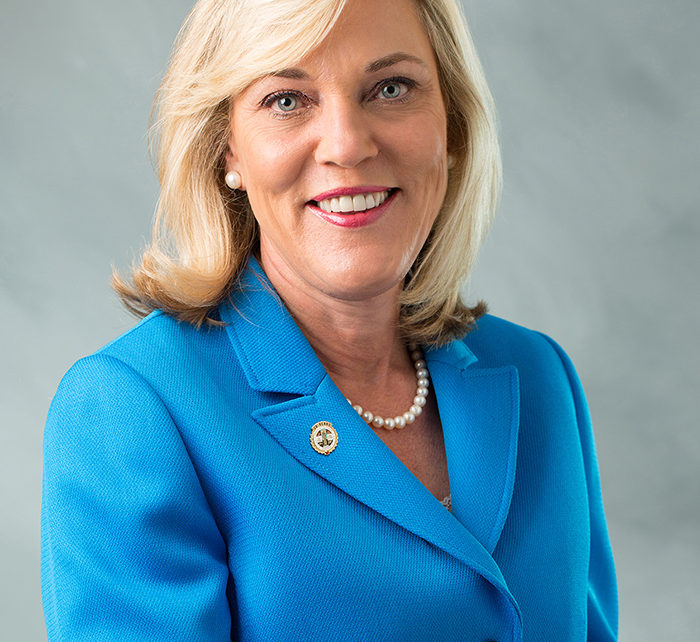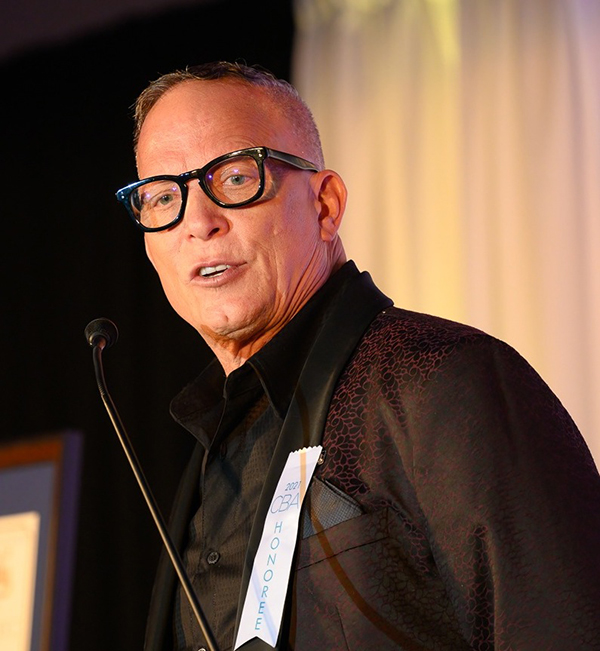Why too much cash is a bad thing for business owners: The Bottom Line

Entrepreneurs are always searching for ways to maintain a fiscal balance while still seeking to grow their businesses and boost their bottom line. Many business owners manage this equilibrium by keeping cash reserves on hand as a safety net, helping them cover everything from slow sales periods to unexpected expenses.
Keeping hordes of cash on hand indefinitely, however, can ultimately undermine the core objective of every business owner: Growth, prosperity and long-term sustainability. Small business owners who have built up a cash reserve may want to consider investing in the stock market through simple, easy-to-follow and easy-to-understand index funds.
Consider this: many traditional banks, including major players like Chase and Wells Fargo, offer savings accounts with interest rates that hover around 0.01% to 0.05% annually. Do the math: that’s less than pennies on the dollar. For example, if you leave $100,000 sitting in one of these accounts, you’re earning just $10 to $50 a year in interest.
That means you’re getting next to nothing for allowing the bank to hold onto your cash. Banks pay big money to have access to your funds — and, as a result, they should be paying you.
The stock market, despite its ups and downs, historically provides returns averaging 7% to 10% per year over the long term. Over the last 20 years, that return has been closer to 20% per year.
That means that by investing even a small portion of your cash reserves in an index fund, you could see your money double and even triple over time, helping you build a much stronger financial foundation for your business.
It’s important to note that this doesn’t mean you should throw caution to the wind or take unnecessary risks. The key is balance. Maintaining a healthy portion of your funds in cash is still important for handling immediate business needs, but putting a portion of your reserves into investments can provide substantial growth over time, without compromising your ability to weather a financial storm.
One effective and safe strategy to start with is to make sure that you hold your cash reserves in a high-yield savings account. Those accounts, offered by online banks and some credit unions, pay significantly higher interest rates—often around 4% interest per year. That’s 400 times greater than what you’d get paid at some of the bigger, traditional banks.
The accounts offer the same FDIC insurance that protects your cash up to $250,000 and many of those banks offer insurance products for cash holdings well over $1 million. They also are typically easily accessible, meaning you get all the benefits of a traditional savings account at a big bank, but get paid 400 times more.
Once your emergency reserves are securely in a high-yield account, consider allocating a percentage of your remaining cash reserves into low-cost index funds. Index funds, which track the performance of a market index like the S&P 500, are ideal for small business owners who may not have the time or expertise to actively manage investments. They offer diversification, which helps reduce risk while still capturing the overall growth of the market.
It’s also worth mentioning that investing in the stock market doesn’t require large sums of money. Many investment platforms allow you to start with as little as $50 to $100, making it easy to gradually build your portfolio over time.
Getting started is easy, even if you’ve never invested before. Platforms like Vanguard, Fidelity, and Charles Schwab offer a wide range of index funds that track major market indices like the S&P 500 or Nasdaq. Simply open an account, choose your fund, and connect your current business account.
The beauty of index funds is their simplicity — once you’re set up, your investment automatically mirrors the market’s performance without needing constant management. You also can set up automatic contributions, making it easy to grow your investment over time without the need for constant attention.
If you’re unsure about where to start, many brokers offer free educational resources to help guide you through the process.
The bottom line for small business owners is this: Be strategic with your cash reserves. Keep enough cash on hand to handle your day-to-day operations and unexpected expenses, but don’t let it sit idle in accounts that offer no real growth.
By investing a portion of your reserves into diversified, low-cost investments like index funds and parking your emergency funds in high-yield savings accounts, you can significantly grow your business’s financial health and secure a better future for your business.
In today’s economic climate, every dollar counts, and small business owners should not miss out on opportunities to make their money work harder. With the right balance of safety and growth, your cash reserves can help fuel both short-term stability and long-term success.
Dion Rabouin is The Wave’s business and digital editor. Feel free to send suggestions and story ideas to Dion@wavepublication.com.





